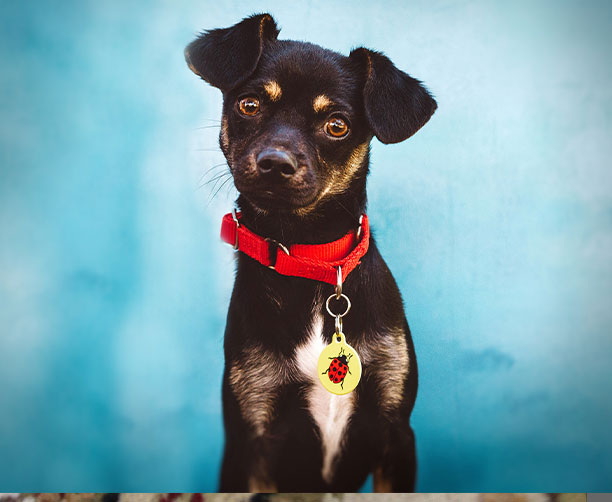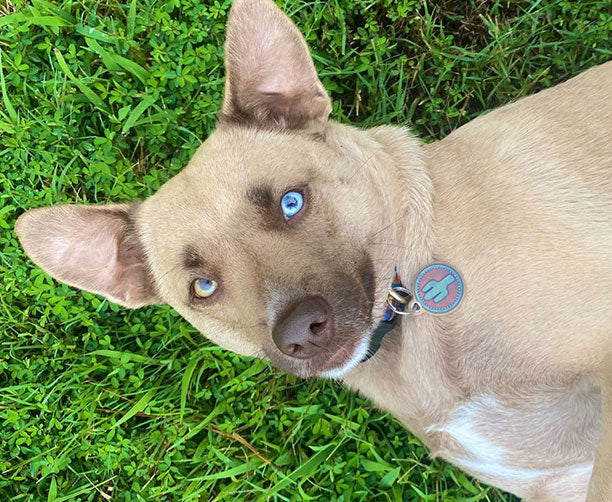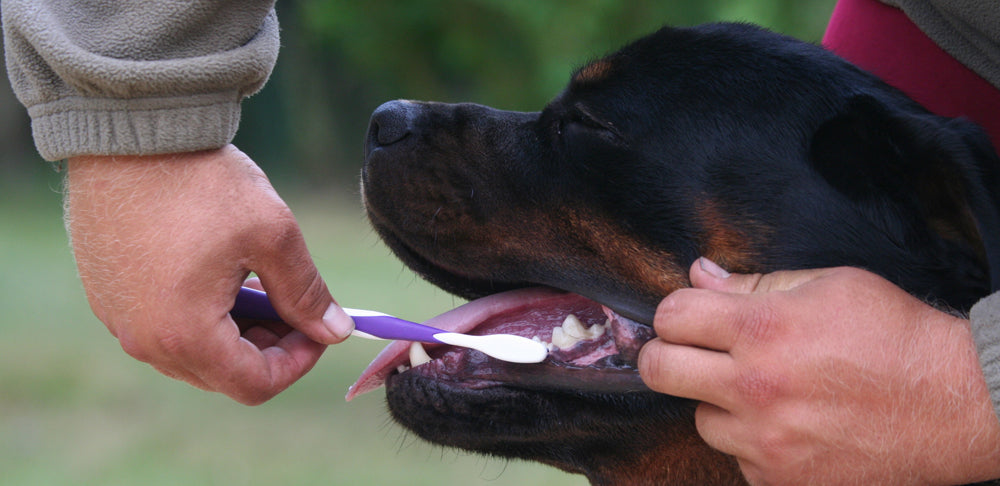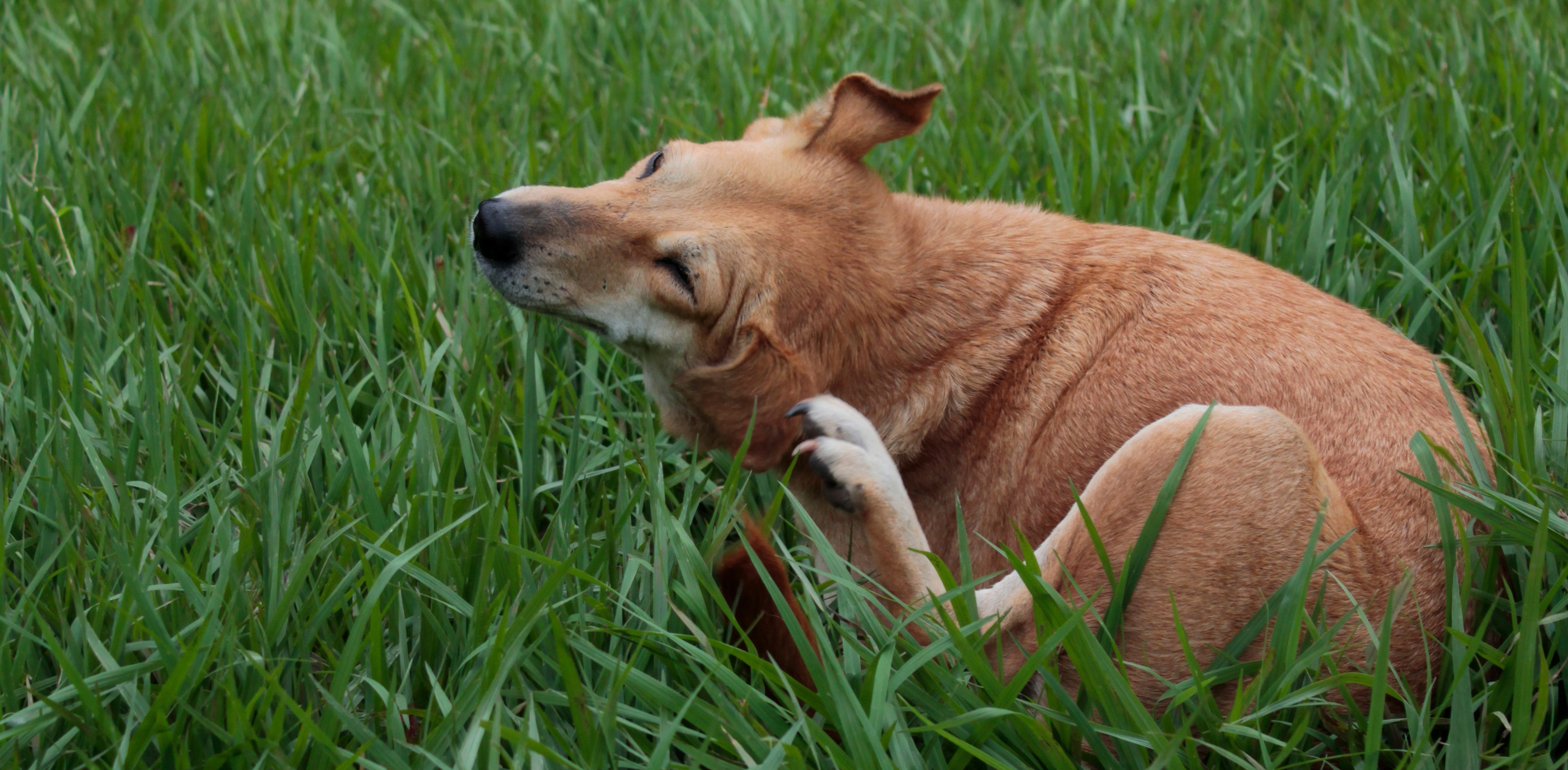
We all feel bad when our furry companions are not at their peak. Sometimes it is hard to determine what is really going on with your pet’s internal system when they are having health issues. As loving pet owners it is always our main goal to discover the problem and treat it so that Fido can get back to his old self. It is always a good idea to identify and be aware of any food allergies or intolerances your pet may have in order to keep them healthy and happy as these can cause a variety of different health issues that could be misdiagnosed as much more serious conditions.
Food allergies and intolerances can be one of the most difficult pet problems to diagnose. They definitely make life uncomfortable for your pet and can lead to more serious problems if the substances they are allergic to are not removed from their diet.
The difference between a food allergy and a food intolerance in your pet can be more than a little confusing for most people. Food intolerances do not cause an allergic reaction; instead they lead to internal disruptions like diarrhea and vomiting. The effects of food intolerance can lead to symptoms that are similar to food allergies. As your pet’s body tries to expel the food that it cannot digest correctly it loses vital nutrients and vitamins. This can lead to malnutrition and issues with the skin, coat, and other external systems which are very much in parallel with the symptoms of a food allergy.
Food allergies usually result in more external symptoms such as itchy skin and rashes, as well as hair loss. They do cause an allergic reaction soon after ingestion and, if not properly identified can lead to more serious problems.
Food Allergy and Intolerance Symptoms
Unfortunately there is not really one specific symptom that can help you single out a food allergy or intolerance in your pet. This is just part of the reason that they both can be tricky to diagnose properly. You must also consider that, like human allergies, pet allergies can seem to come and go or just start out of nowhere overnight. The culprit food or ingredient could be something that your pet has enjoyed for years which only adds to the complication of an accurate diagnosis.
There are, however, several warning signs to look out for and if your pet is experiencing a multiple number of the symptoms below on an ongoing basis then you might want to consider an allergy or intolerance as a possible suspect.
• Biting and chewing at the paws
• Frequent skin infections
• Persistent ear infections
• Skin rashes and hives
• Itchy feet and paws
• Itchy skin
• Dry skin
• Hair loss
• Vomiting
• Diarrhea
Food Allergy and Intolerance Soulutions
The usual allergy treatments do not work so well with a pet who has a food allergy. Food allergies are fairly resistant to steroid treatments or anti-histamines as they are in a somewhat different category of allergy altogether. These treatments might improve the condition for a short time but the symptoms will return.
The best way to cope with your fluffy friend’s food allergy or intolerance is to place them on a particular diet that avoids any foods they may have problems digesting or are allergic to. In order to discover what foods can be on this diet and what foods need to be removed completely you must first use a little trial and error. This can achieved by carefully removing things from your pet’s diet and keeping a sharp eye on their health to notice when the symptoms start to improve.
Some of the biggest causes of food allergies in pets are listed below:
• Corn
• Wheat
• Soy
• Dairy
• Chicken
• Beef
• Eggs
One of the best solutions for a pet with a food allergy or intolerance is to use a pet food that contains ingredients that differ from the usual pet foods. Normal pet foods contain many of the ingredients listed above and your pet could have a problem with any one of them. Switching to a food that does not contain these main allergens and is made from rice and lamb or duck and potato could help get your pet on the track to better health more quickly. This is a good first step in dealing with a food allergy as it eliminates a lot of the problem ingredients in one action.
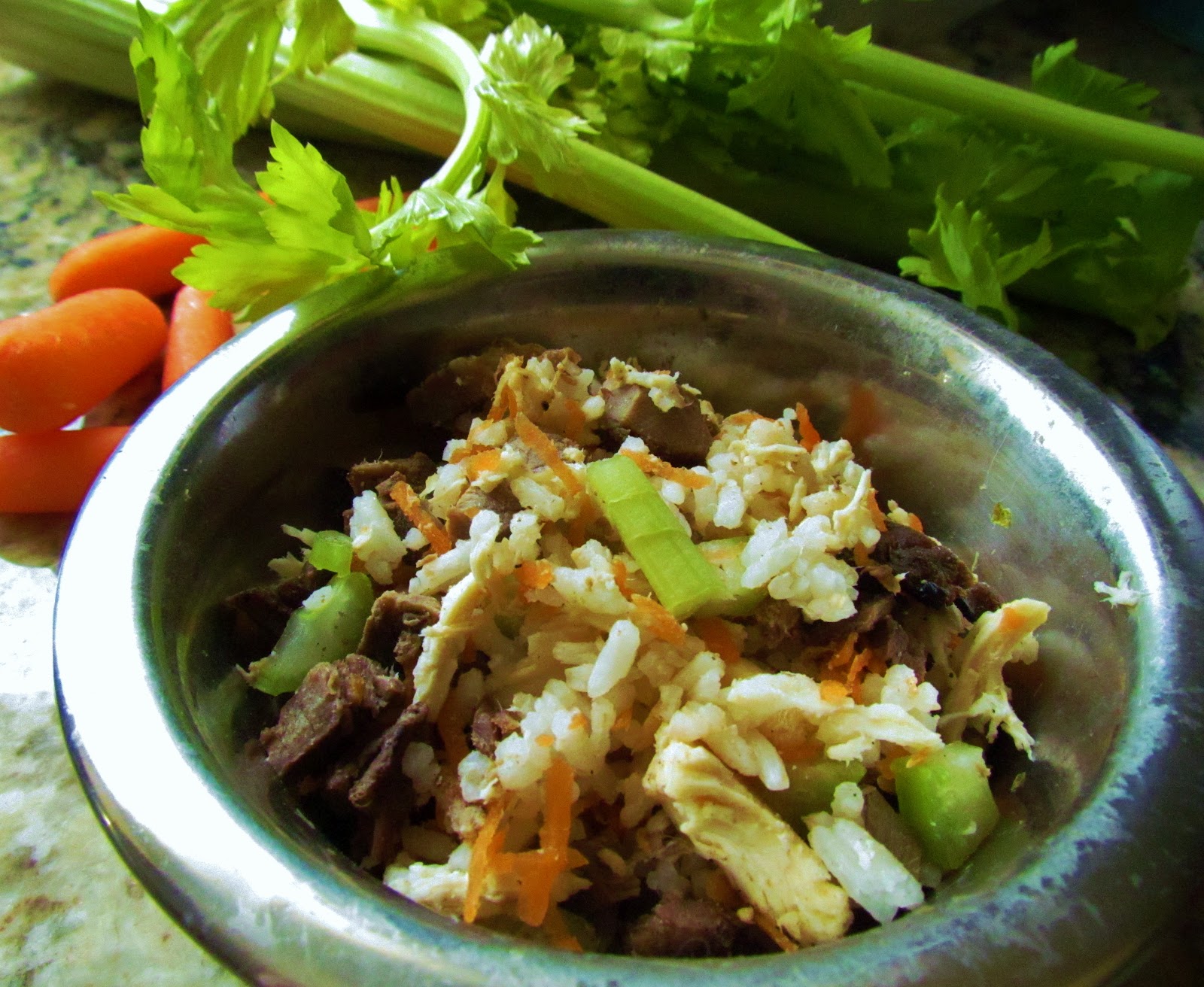 |
Discovering your pet has a food allergy or intolerance can be a cause for concern. Even if your pet has a cast iron stomach and can handle anything they woof down, it is still important to be aware of the symptoms and problems a food allergy can cause so that you know what to look out for in the future. This is a common problem with pets but one that is easily remedied once you are aware of the situation and treatment. |
| Russ Barker has seen first-hand the positive effect a dietary change can make for a pet that suffers from food allergies and decided to inform the public a little bit on the topic. Russ holds the position of "Chief Blogger in Charge" for Dog Tag Art, a company staffed by a team of highly trained pet enthusiasts that produce breath-taking pet ID tags for cute companions all over the world. These custom dog tags come in a huge variety of full-color designs including some specifically designed for pets with food allergies. |  |

